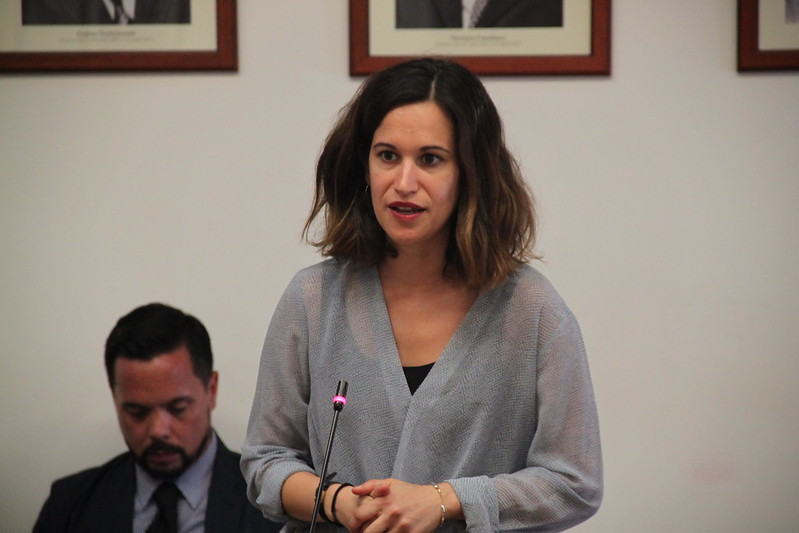Transatlantic Cities Climate Lab
Transatlantic Cities Lab
Urban Metabolism and Sustainability: Exploring Climate Adaptation Strategies for Torino
An ever growing number of cities are turning their growth and sustainability challenges into an opportunity to rethink their urban metabolism and patterns of development. Urban systems today are responsible for substantial environmental impacts, accounting for more than 70 percent of the total CO2 global energy-related emissions. This phenomenon can be attributed to the complex system of the city, where materials flow in a linear way. This raises serious problems such as material depletion, enormous waste generation, and climate change.
The analysis of the territory’s metabolism offers an opportunity to respond to the big challenges to urban sustainability. This can be achieved by tracing the flows of energy resources in and out of the urban system and incorporating changes accordingly to close the loops through the reuse, re-adaptation, and regeneration of materials, as well as to optimize energy use and encourage an urban development which reduces environmental impact and increases the resilience of the city.
The Transatlantic Cities Lab (TCL) on Urban Metabolism and Sustainability pursued the aim of supporting Torino’s policy deployment and innovation in this field as a means to achieve the city’s climate goals. For this, The German Marshall Fund of the United States (GMF), supported by the Compagnia di San Paolo of Torino, convened from 2017 to 2018 transatlantic peer-to-peer learning workshops between the city of Torino and the city of Oakland (California) and Portland (Oregon), as well as experts and practitioners in the United States and Europe experienced in leading the energy transformation on the local scale. Under this framework, participants shared their expertise on four priority areas of climate action in Torino (sustainable mobility, waste reduction, food policy, and energy) for the city to reinvent its development pathways and core metabolism.
To realize these objectives, GMF Cities organized three major convenings:
-
A kick-off workshop in Torino, on June 22–23, 2017, bringing together representatives from thecities of Torino, Portland, and Oakland as well as experts and practitioners from the United States and Europe to explore sustainable planning strategies, processes, and policies that can support Torino’s climate agenda. Read here the main takeaways and recommendations: “Urban Metabolism Can Inform Cities’ Climate Change Actions: Lessons from the Transatlantic Cities Lab Dialogues”
-
A city-to-city dialogue, on October 2–6, 2017, in Portland. As a result of the kick-off workshop, GMF and the city of Torino identified several ideas that could support Torino in the preparation of its Climate Action Plan. Through a city-to-city dialogue organized by GMF, Torino delegates had the opportunity to engage in conversations, receive expert input, and conduct site visits to learn policy and practices related to the city’s needs for planning and implementing its Climate Action Plan. Based on the input from the kick-off workshop, it was evident that Portland would be an ideal partner for this more in-depth exchange of ideas.
-
A closing workshop for city leaders in Torino, on June 6–8, 2018, bringing six city representatives from Portland to wrap up the discussions. This provided a space for joint input and reflections between the different layers of government in Torino with a stake in and competences on the climate and energy agenda, including the mayor, the City Council and Piedmont region.
All of the activities within the TCL project made important contributions to the evolution of Torino’s approach to urban metabolism and to its climate agenda.
Read here the policy brief summarizing the key outcomes of the Transatlantic Climate Cities Lab: “Torino-to-Portland Dialogues: Planning and Implementing Climate Change Actions”
